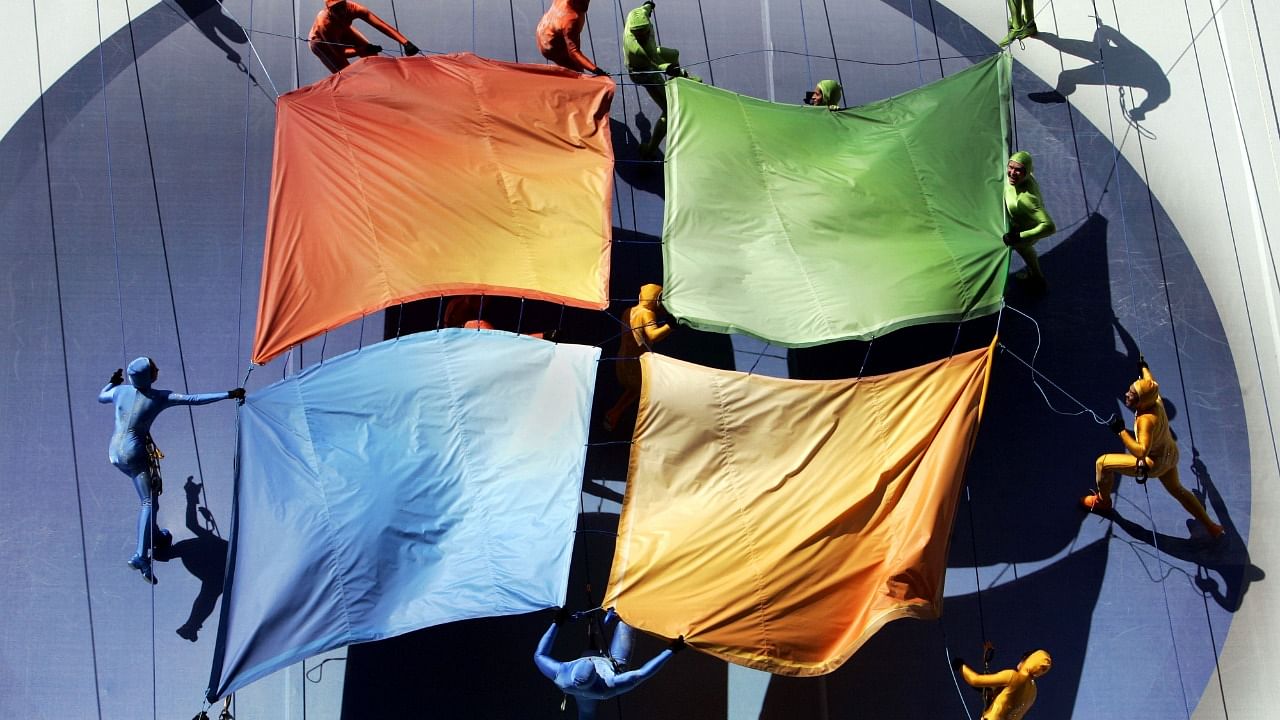
By Shira Ovide,
I was surprised to stumble on the news that Microsoft is releasing a new version of Windows in a few weeks. I had no idea, and knowing stuff like that is my job.
Not so long ago, a fresh model of Windows software was a marquee tech moment. Now, a Windows debut is basically a nonevent. This shows technology has evolved from a succession of big-bang moments to something so meshed into our lives that we often don’t notice it.
The bottom line is that a lot of technology has become no big deal. And that is a very big deal.
The last version of Windows as we knew it was arguably released in 2012. I was a reporter at The Wall Street Journal at the time, and my professional life that year was dominated by the unveiling of Windows 8 — including the anticipation, the strategy around it and its eventual reception.
But that was basically the end of an era. New releases of Windows since then have become progressively less major. A significant reason is that personal computers are no longer the centre of our digital lives. A new iPhone model gets a lot of attention — although it shouldn’t get so much — but a refresher to Windows doesn’t.
Still, the supremacy of smartphones is an insufficient explanation. Starting about 2015, Windows began to get regularly tweaked under the hood — just like Netflix, Facebook and every app on your smartphone, as well as the software that runs the phone.
In other words, Windows just changes in dribs and drabs all of the time without most people noticing. Instead of waiting years to get a fresh computer, we’re effectively getting a new PC with every tweak. The new edition of Windows will remodel the look of the software and improve features such as reordering apps. But because Microsoft incrementally revises Windows, new versions of the software matter less to most people.
This shift for Windows was part of a remarkable transformation at Microsoft. The company’s obsession with Windows threatened to relegate Microsoft to tech irrelevancy. Then Microsoft hired a new CEO in 2014, and suddenly Windows wasn’t the beating heart of the company anymore. That shows just how much institutions can change.
But more than that, a Windows launch morphing from a big thing to something a professional tech writer didn’t see coming reflects what technology has become. It’s no longer strictly the shiny new object that comes out of a box every once in a while. Technology is all around us all the time, and it’s perfectly normal.
My colleagues and I write a lot about the downsides of technology’s impact on our brains, our towns and the world, but I don’t want to forget about the wow, either.
I remember the feeling of magic the first time I tapped the Uber app and a car appeared at my door. On my last big pre-pandemic vacation, I decided to change my travel plans on the spur of the moment and booked a room at a bed-and-breakfast while standing on the side of a hiking trail in northern England. Also, like many of you, I’ve worked from home since March 2020, and doing so would have been much more difficult at the time Windows 8 was released.
We get a new version of Windows and Netflix all of the time. We take a lot of this stuff for granted — and understandably so. But it’s worth pausing at times to appreciate the wonder.